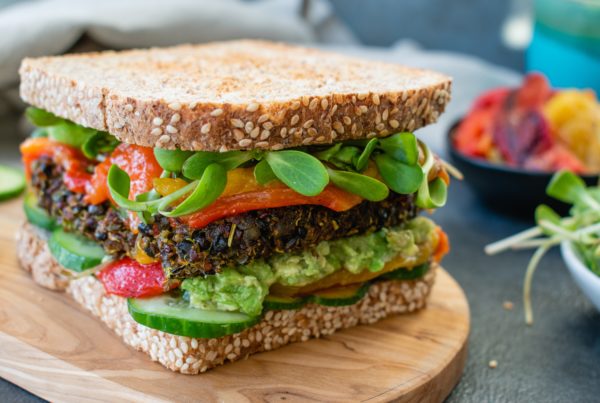As the new year rolls in, you may have made a nutrition related goal as your New Year’s Resolution. Whether it is to be healthier or kinder to ourselves, here are tips to stick with your goal or either reframe it to make it fit your lifestyle better!
New Year, New You?
We are filled with messages from the media and our peers that we constantly need to be healthier and make changes in our lives. However, many people tend to put too much pressure on their goals for the new year and are easily discouraged when they face setbacks. This can cause us to fail or give up on our new year’s resolutions quickly and fail to make healthy habits and expectations for ourselves.
Some common reasons why we give up on our new year’s resolutions are that we have a lack of preparation for these goals, specificity of goals, overcommitment to what is realistic, lack of motivation, and the inability to integrate this goal into our busy schedules.
Common new year’s resolutions are to eat “healthier”, lose weight, go vegan/vegetarian, eat sustainably, or eat balanced meals. The biggest challenge about these goals is that they are not specific enough and honestly, it may be difficult to go “cold turkey” if you have not prepared yourself for this new change in your life. Here are some ways you can make your goals stick and some extra considerations for this new year.
Experiment With SMART Goal Setting
A SMART goal can be a great way to approach a desired behaviour in a way that is manageable for yourself. SMART stands for:
Specific
Instead of choosing a different lifestyle like “being healthier” or “go vegan” to start of the new year, choose a specific behaviour that you would like to change. When you can choose exactly what you want to do and indicate how you will accomplish this, you can start to gain more motivation.
Measureable
Measurement can be something that can track progress can be a source of motivation and show how much you have accomplished over a period of time. Using numbers or times can be a great place to keep yourself accounted for.
Action Oriented
Having specific actions to add to your lifestyle that can replace actions instead of remove them can be difficult. Food behaviours and patterns are so embedded into our lives that it becomes difficult to cut them out completely.
Realistic
Be sure to think about your budget, lifestyle, and other factors that could deter you from following through with your goal. This will make sure that you have the confidence to achieve your new goal.
Time Frame
Having a certain date as set points can be a great start to your goal. However, once you reach this goal, make note that you still need to be focused and motivated.
Lastly, it can be a great idea to be held accountable for your new year’s resolutions. Reaching out to trusted friends, family, or peers can be a great way to gain more motivation or even tackle new goals together. In addition, seeking professional help from a dietitian can help you create and sustain lifelong goals, or reframe your view about food and health.
Wishing you a happy new year and long term success with your resolutions!



